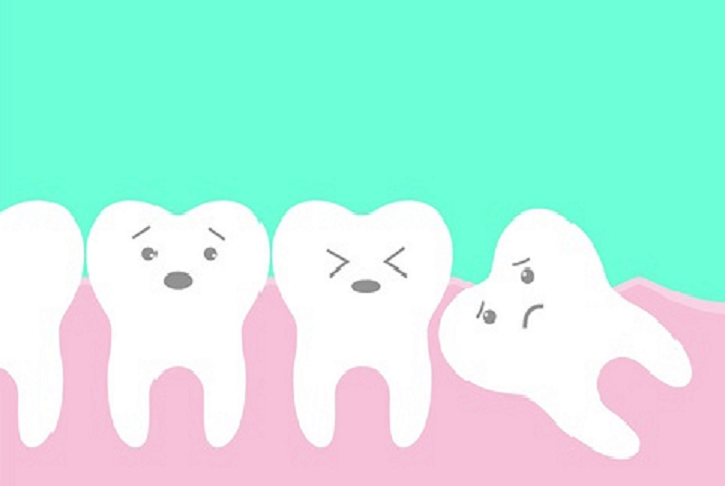Is It Painful to Remove Wisdom Teeth?
Although a relatively common procedure, wisdom tooth removal still comes with several risks. These include pain, swelling, bruising, and other less common complications. Perhaps the top concern of patients is pain. Fortunately, this is easily managed by carefully following the instructions of your dentist. Below are some of the ways that can help you get rid of any pain and other discomforts following the removal of your wisdom tooth.
Over-the-Counter Medications
Simple wisdom teeth extractions are those wisdom teeth that were not completely buried under the bone tissue or gum, making them easier to loosen and remove. These kinds of extractions only have a minimal amount of trauma so any post-operative pain can usually be managed with over-the-counter medication. NSAID drugs like ibuprofen or naproxen are usually recommended for the relief of mild to moderate pain. Aside from pain relief, they also help in reducing inflammation. Those who cannot take NSAIDs can opt for acetaminophen instead.
Prescription Pain Relievers
Wisdom teeth that are difficult to loosen and remove will have to be surgically extracted. In these cases, post-operative is more prominent, with swelling and bruising fairly common. Over-the-counter pain medications might not be enough, so prescription-strength medications are usually recommended. Prescription-strength ibuprofen and combination medications are mostly prescribed for moderate to severe pain. Patients taking these medications should always be mindful of the specific dosage and other safety instructions by their dentist.
Common Comfort Measures
It is normal to feel some pain or discomfort following wisdom teeth extraction, but there are some things that you can do at home to help you. The healing process can be made more comfortable by avoiding hot liquids, spicy foods, and alcoholic beverages. Icing the swollen area at home can help decrease pain and swelling. Wrap an ice pack with a clean towel or cloth and put it against the swollen area for 15 minutes at a time. It also helps to use warm salt water as a mouth rinse 24 to 48 hours after the procedure to give a soothing effect.
Other Careful Considerations
Many post-operative complications lead to increased pain. If there is increased pain 2 to 4 days after the procedure, there might a complication. In such cases, pain can be relieved with prescription pain medication and other additional treatments. Before taking any medication, it is important that your dentist knows of any pre-existing medical conditions you might have. This includes pregnancy, kidney or liver disease, gastrointestinal problems, drug allergies, or high blood pressure. Talk to your dentist for more tips on how to manage wisdom teeth removal pain.






 |
|